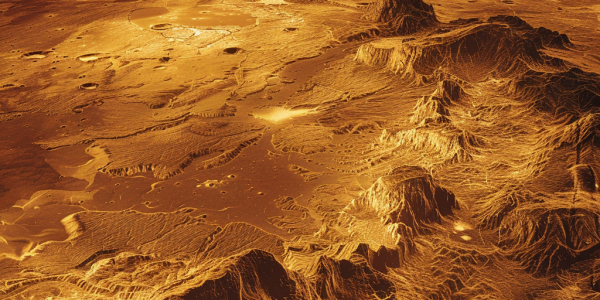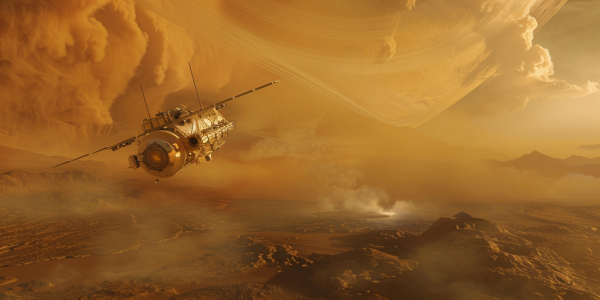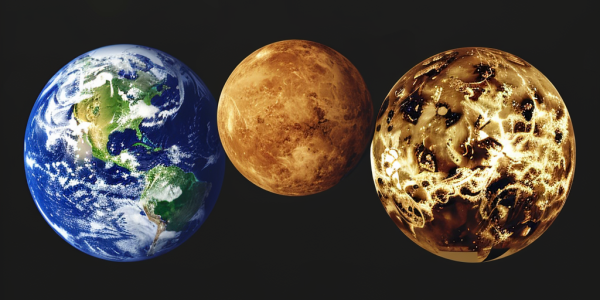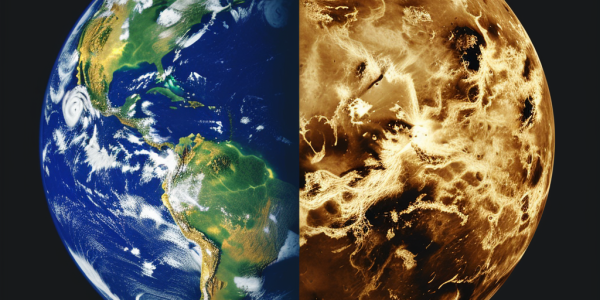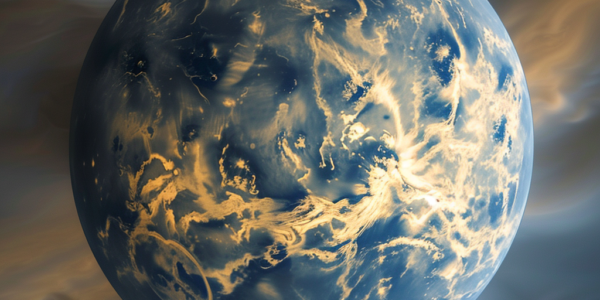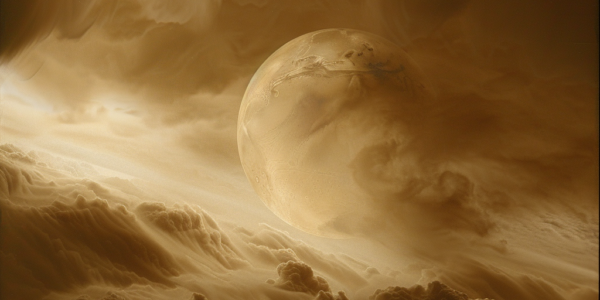Navigating Online Privacy and the Quest for Habitability in Our Solar System
Explore the vital importance of online privacy and data protection in the digital age. Understand the role of cookies, user consent, and the implications of data sharing. Learn how to manage your online privacy effectively while keeping informed about your rights in this evolving landscape.
New Evidence of Phosphine on Venus Sparks Life Debate
Scientists have unveiled new evidence of phosphine in Venus’ clouds, reigniting the debate about the potential for life on the planet. Recent findings presented at a Royal Astronomical Society meeting highlight advancements in observational technology, leading to more robust data supporting the initial detection of phosphine. The discovery of ammonia in the atmosphere further complicates the search for extraterrestrial life, prompting renewed interest in Venusian research and future exploration missions.
Rare Opportunity to See Mercury in the Night Sky this July
Don’t miss the rare opportunity to see the elusive planet Mercury in the night sky this July! Learn how to spot Mercury, the smallest planet in our solar system, and enhance your stargazing experience with binoculars or a telescope. Mark your calendar and head to a dark, clear area for a magical view of Mercury’s dance in the cosmos.
Co-founder Claims Humans Can Safely Travel to Venus
Guillermo Söhnlein, co-founder of the company behind the Titan submersible disaster, believes that sending humans to Venus is more viable than Mars due to its proximity to Earth. Despite Venus’s extreme conditions, he suggests building a home 50km above the surface. Söhnlein argues that Venus’s similarities to Earth and lack of need for successful landings make it a safer option for exploration. Despite setbacks, he remains dedicated to his vision and has established the Humans2Venus Foundation.
Ongoing Volcanic Activity Discovered on Venus
Recent findings reveal ongoing volcanic activity on Venus, with evidence of eruptions as recent as 2.5 million years ago. The study published in Nature Astronomy highlights significant changes in Venus’ surface due to volcanic processes, challenging previous perceptions of the planet’s dormancy. This discovery opens up new avenues for exploring the geological dynamics of Earth’s neighboring planet.
Mysterious Disappearance of Water on Venus Linked to Methanaldehyde Ion
Recent research suggests that the molecule HCO+ may be responsible for the disappearance of water on Venus, transforming the planet into a desert wasteland. Scientists from the University of Colorado at Boulder propose that HCO+ evaporating into space is depleting Venus’ water reserves, leading to its arid conditions. Future missions like VERITAS and DAVINCI are needed to study these molecules further and understand the mechanisms behind Venus’ water loss.
The Science of Siblings: Exploring the Planetary Relationship Between Earth, Mars, and Venus
Explore the fascinating science of siblings and their impact on our lives, from finances to mental well-being. Discover the similarities and differences between Earth and its sibling planets, Mars and Venus, and how they have evolved over billions of years. Venus, once potentially habitable, now presents extreme conditions that make it a challenging environment for exploration, shedding light on the delicate balance that sustains life on Earth.
Unraveling the Mystery of Earth and Venus’ Water Abundance Discrepancy
Recent research suggests that ‘HCO+ Dissociative Recombination’ may explain why Earth is water-rich while Venus is bone dry. This non-thermal process could have influenced the distribution of water molecules on Venus, leading to its arid state. Understanding this mechanism offers valuable insights into planetary evolution and the diverse processes shaping our solar system.
Venus Experiencing Loss of Gases in Upper Atmosphere, Study Finds
A new study has revealed that Venus is experiencing a loss of gases such as oxygen and carbon from its upper atmosphere. The research, published in the Nature Astronomy journal, highlights the findings from the Mercury-bound BepiColombo spacecraft’s second fly-by of Venus in August 2021. These recent revelations add to the existing knowledge about Venus, raising questions about the potential implications for Earth and prompting further exploration of Venus to better understand these phenomena.
Debating the Possibility of Life in Venus’ Clouds
Could life exist within Venus’ voluminous clouds? New research suggests that it might be possible. Despite the harsh conditions on Venus’ surface, scientists are debating the possibility of life in the planet’s clouds. Recent research has raised questions about the potential for life in its atmosphere, with the detection of phosphine in Venus’ atmosphere sparking discussions about the presence of life. A new paper explores the possibility of microscopic life existing and reproducing in water droplets in Venus’ clouds, challenging our perceptions of where life could exist beyond Earth.





